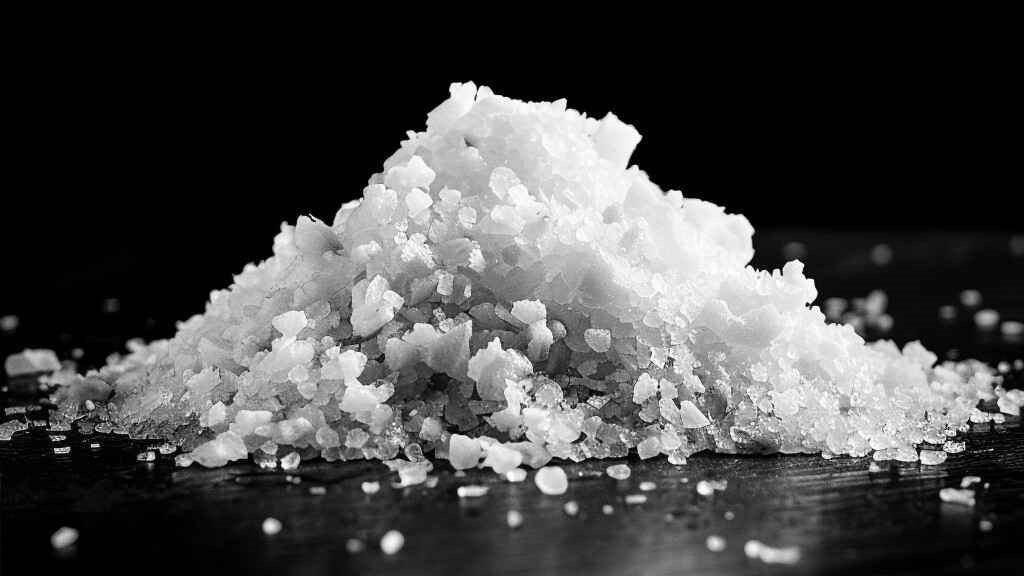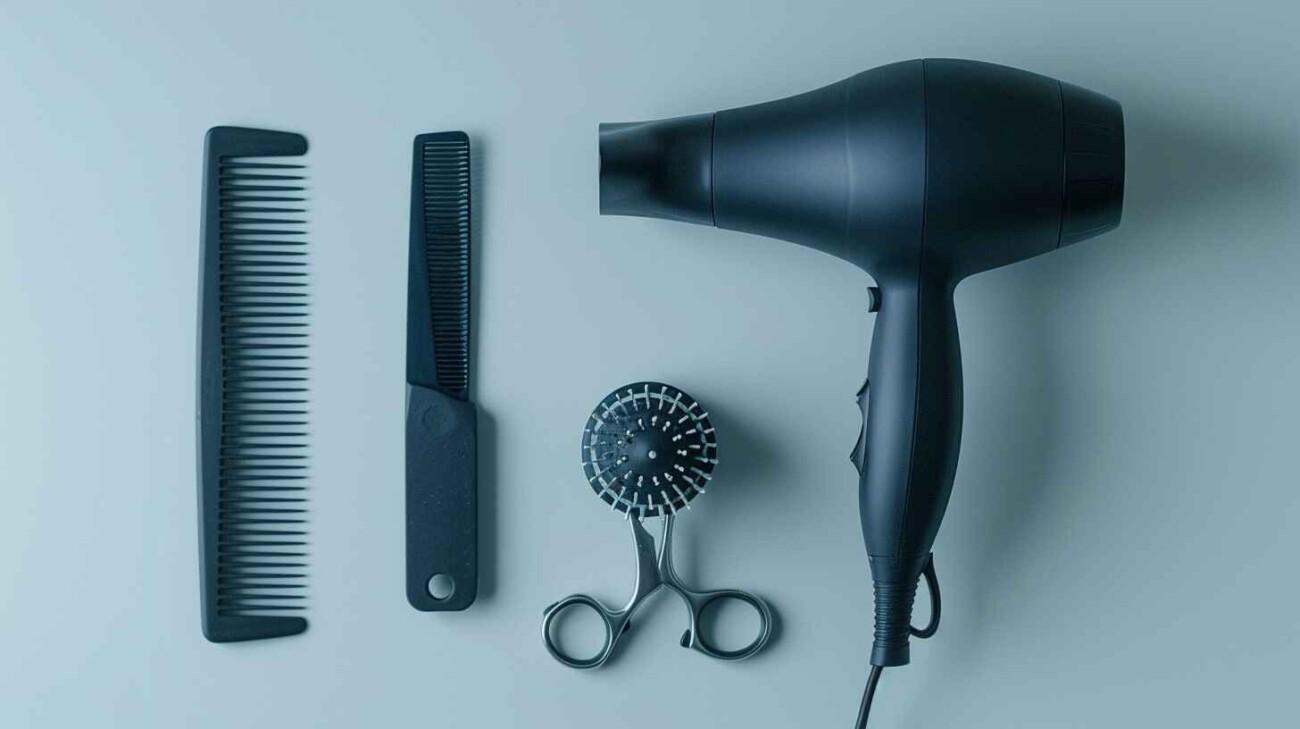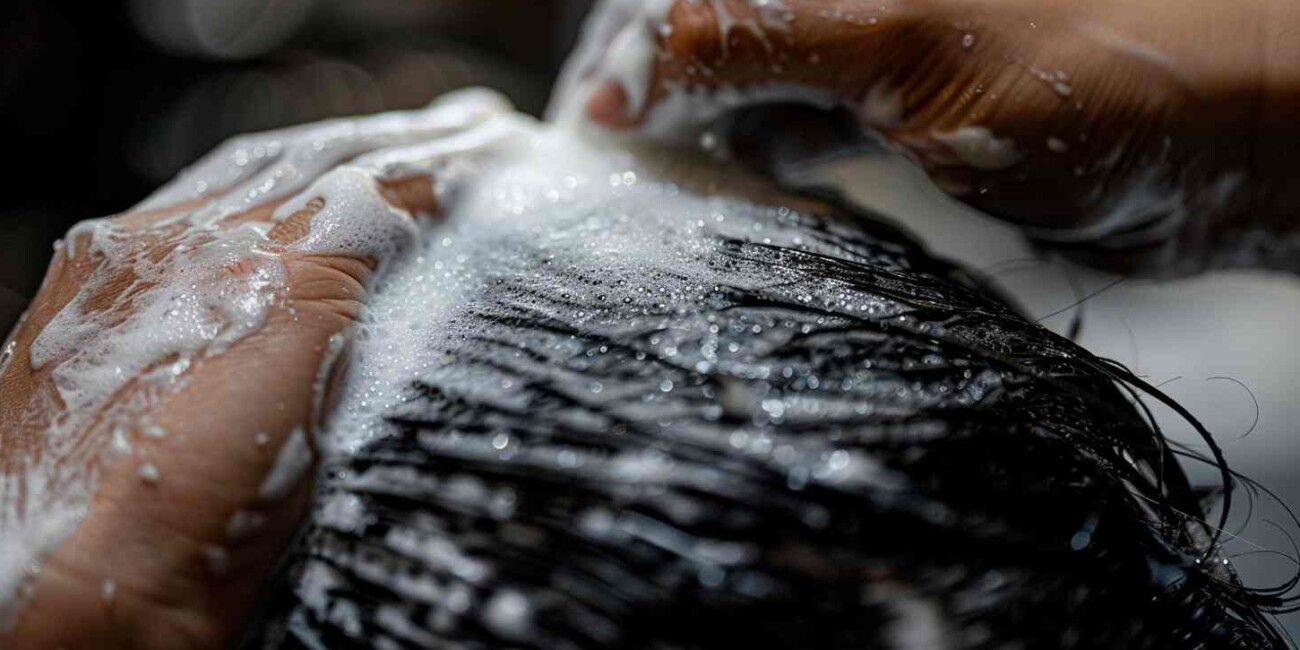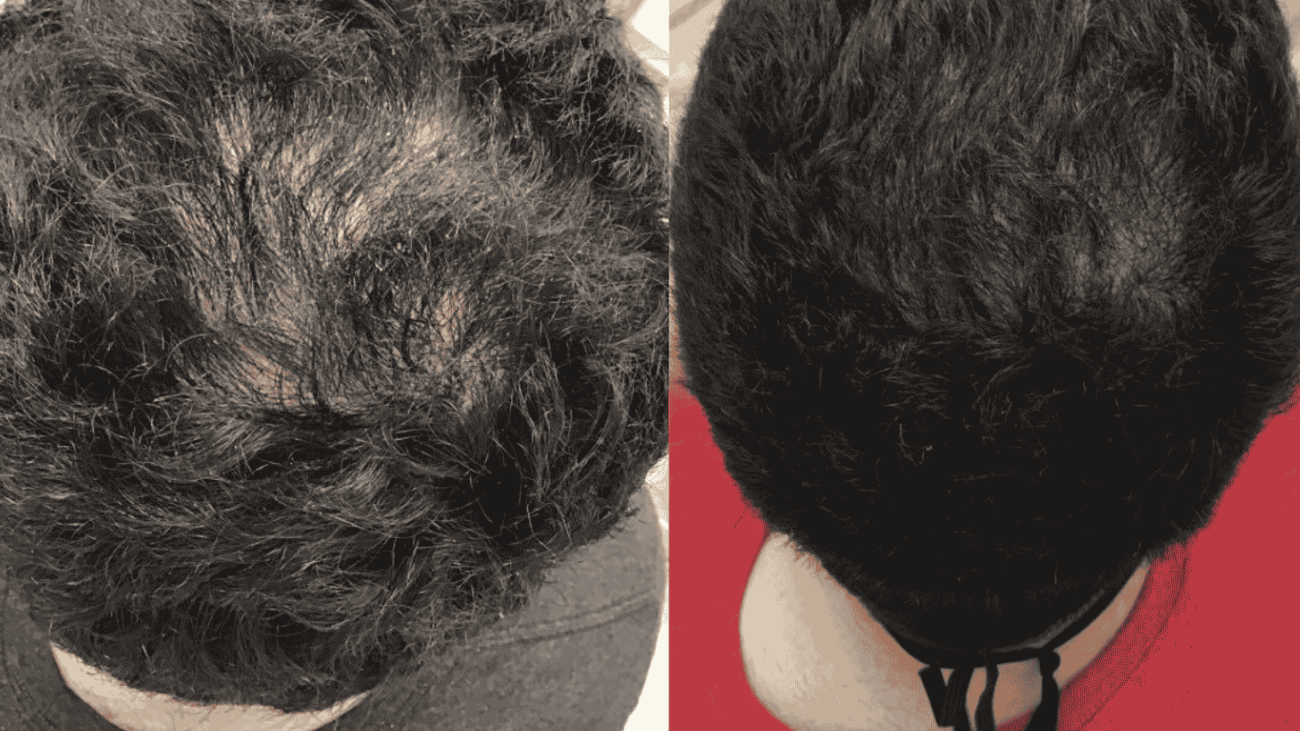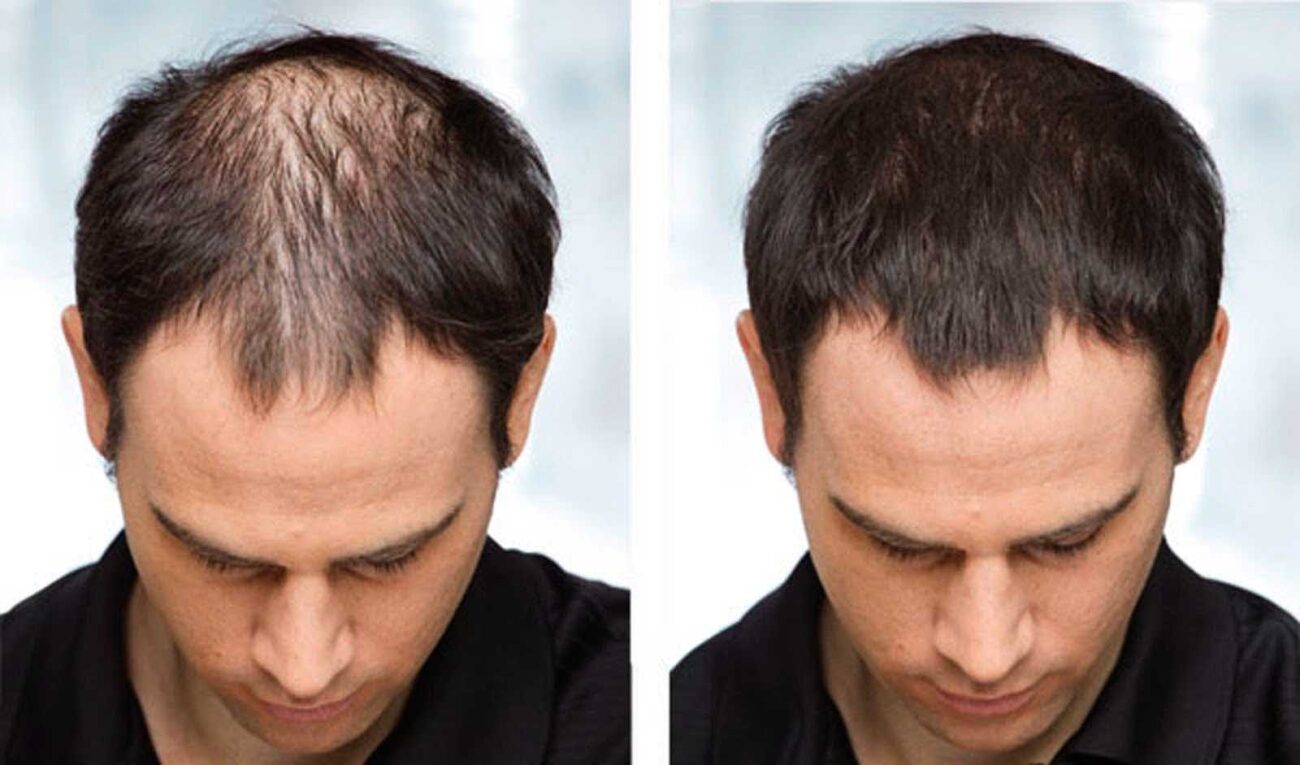Epsom salt might be a new term you are hearing for the first time. Also known as magnesium sulphate, Epsom salt has recently been booming for doing wonders to hair. Whether you have itching, excess oils or scalp buildup, this affordable mineral compound is a go-sure solution to transform the hair into a clean and luscious one. This blog discusses the benefits of Epsom salt, the directions to use it and many more.
Ultimate Benefits of Epsom Salt
Proven for its therapeutic properties, Epsom salt has been a popular ingredient people have used since ancient days. Though it has missed its popularity for some decades, it has been widespread lately. Epsom salt offers you a range of benefits necessary for healthy hair. Here is a brief account of its advantages.
Cleansing Nature
Epsom salt works as a great scalp exfoliant, like how salicylic acid acts for skin exfoliation. This inorganic mineral compound is efficient in removing excess scalp builds, dead skin, and excess oil. Trichologists (hair specialists) suggest their clients remove extra product build-ups weekly once. This habit promotes a healthy scalp, creating space for sound hair growth.
Stimulates Blood Circulation
Ayurveda says performing Shiro Abhyanga (scalp massage) every day will help achieve strong and lustrous hair. Considering this fact, Epsom salt can be said as a natural blood circulation stimulator at a metaphoric level. The primary molecule of Epsom salt, magnesium triggers blood circulation when applied to the scalp. Better circulation in turn contributes to maximising nutrient absorption, eventually facilitating the growth of beautiful locks.
Relieves Scalp Itching
Almost ten among fifteen people have dandruff, itching and flaky scalp problems. Epsom salt can get rid of this with its few uses. Its inflammatory properties soothe irritated skin, and its exfoliation process removes and sets a dandruff-free scalp.
Also Read: How Stress Affects Your Hair and What You Should Do
Increase Hair Volume and Texture
If you are looking for a natural hair volume booster, Epsom salt is all you need. Unlike other toxic hair volumizers, this magical component contains only two simple chemicals—magnesium and sulphur—which are not harmful at all. Epsom salt can give your hair a natural boost by increasing volume and texture. You can use this with hair masks or rinses to lift the roots and achieve a fuller hair appearance.
Regulates Oil Production
We are not strangers to oily scalps—every one of us has experienced them once and might still be. However, Epsom salt helps you retain your clean scalp fast, besides using oil-regulating products. The molecules of Epsom salt bind with oil, reducing the overall oiliness and maintaining a balanced scalp environment. This simple mechanism creates an illusion of dry hair without compromising the scalp’s health.
How to Use Epsom Salt for Hair
People began using this super-affordable yet effective compound after learning its benefits. You can get Epsom salt in a nearby store or buy it online. There are multiple ways of using this in your hair care routine, such as following the steps below.
Along with shampoo
One way of using Epsom salt is by combining it with a mild shampoo. Mix a small amount of Epsom salt in the shampoo, dilute it in the water and use as usual. It is claimed that washing Epsom salt-infused shampoo is effective when used twice. Hence, use two times if you have an oily scalp.
Use with a hair mask
Add this with natural hair ingredients like aloe vera, coconut oil or any other water-consistent organic ingredient.
Step 1
Combine 1 tablespoon of Epsom salt with 1/2 cup of coconut or olive oil.
Step 2
Focus on the roots of your hair when applying the mixture to your scalp.
Step 3
Let it sit for 15-20 minutes to let the minerals fully absorb.
Step 4
Rinse out thoroughly and follow with your regular shampoo and conditioner.
Scalp Massage
Add a small amount of Epsom salt with water, dilute it and apply on the damp hair. Massage gently for 10 - 15 minutes, let it sit for another five minutes and wash off immediately. This process promotes better scalp blood circulation and stimulates hair growth by removing dead skin.
As a Hair Volumizer
Add Epsom salt with water in a spray bottle and mist it onto damp hair for a quick volume boost. Scrunch your hair with your fingers while blow-drying to add texture and create natural-looking waves.
Mix Epsom salt with your favourite styling product, such as mousse or gel, and apply to your hair's roots. To add volume, lift the hair at the roots with your fingers or a comb. Blow-dry your hair upside down for extra lift.
What should you know about Epsom salt?
Epsom salt can be one of the best ways to remove dandruff, itchiness and excess oil when used effectively. The cleansing mechanism of Epsom salt differs according to hair type.
For Dry Hair
Epsom salt is a highly sustainable cleanser and an exfoliator. For dry hair, the frequent use of Epsom salt might result in frizzy, brittle and damaged hair. Using once per week is suggestible under this scenario.
For Oily Hair
Unlike dry hair, Epsom salt does wonders for oily hair by binding to oil particles, leaving out a clean and clear scalp. Use weekly twice for best results.
Important Things to Remember
Patch test:
Do a patch test before you use it. Dilute Epsom salt with water, apply it on the back of your neck and leave it overnight. Avoid using it if the patch gets worse.
Overuse:
Do not overuse Epsom salt. Frequent use of Epsom salt may trigger hair at a point and this advice is applicable for all hair types. It may trigger at some point for any type of hair if used very often. Just use it at a balanced pace.
Sensitive Scalp:
We do not advise you to use this if you have a sensitive scalp. It may not give positive results all the time. It might induce a negative impact but very rarely—especially for sensitive scalps.






